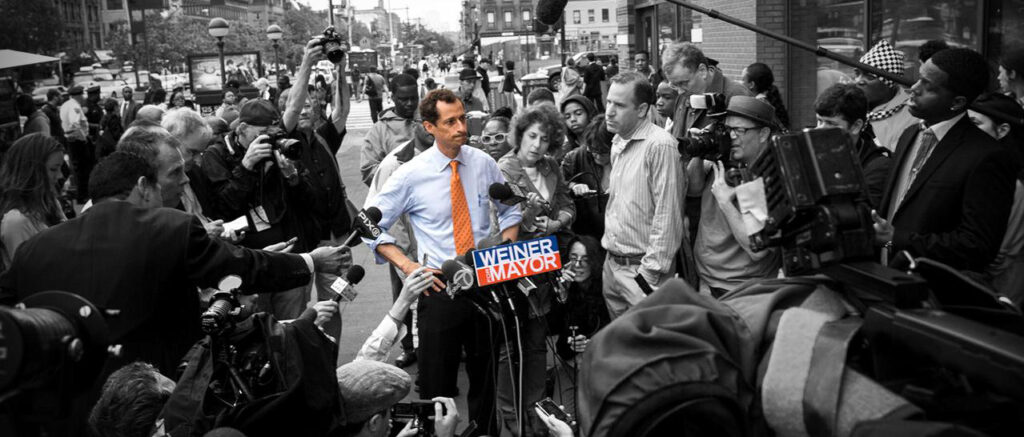Within the online marketing world, political marketing has become an interesting specialty. Politicians nowadays have and maintain communication channels to promote their campaigns and keep contact with the electorate. Initiatives as the electronic vote and the digital democracy (or e-democracy) promise to get the political and online spheres much closer in the future.
Online marketing allows politicians to:
- Have their own 24/7 global communication channels
- Manage their own online reputation
- Interact with journalists and the electorate in general
- Encourage their followers to get involved in the campaigns
- Convey their opinions on matters of public interest
- Create an image of transparency and familiarity
Online marketing and political campaigns
Of course, the Internet is a fundamental advertising media for political campaigns. But it is also essential for establishing communication channels that allow politicians to keep in contact with their followers continuously.
When it is time for campaign, having an large email database beforehand, as well as a good number of followers on social networks, will be very helpful. It will strengthen any message and action to be taken.
Also, the online media offers some possibilities that traditional media lacks. Interactivity and multimedia communication give more space for creativity.
Online political marketing and social media
The social networks are socialisation tools, so the politician’s communication should be transparent and personal. Depending on the available resources, either the politician or a staff member could be in charge of the social media management. Both possibilities have advantages and disadvantages and in some cases both can be done simultaneously.
If the politician posts by himself, he must get advice by an expert because there are many cases of political scandals caused by one simple inconvenient tweet.
Like it or not, journalists and the public in general tend to use social media stats such as the number of Facebook fans, Twitter followers and mentions as indicators of popularity and influence. Working on growing our social networks will portray an image of success and importance.
An interesting and frequently mentioned case of online political marketing is Barack Obama, who has accounts across all major social networks: Facebook, Twitter, Google Plus, YouTube, Linkedin and even MySpace. Also, his website barackobama.com has many social network functionalities and has been developed by Chris Hughes, one of Facebook’s co-founders.
Online political marketing and reputation management
People say that “first impressions are the most lasting” and this is especially true when we talk about what people find when they search for a politician’s name on Google, Bing, Yahoo or other search engine.
A good SEO (Search Engine Optimisation) strategy helps to control, in most cases, what people see when searching for information about a public figure. Ideally, the first results should be the politician’s website, his Wikipedia page and his social media accounts.
Online reputation will be also configured by the politician’s activities in the online world. There are many cases of success but also many examples of social media crisis by faux pas. One of the most extreme examples involved Anthony Weiner in 2011. He had to resign from Congress after it emerged that he had sent erotic text messages and pictures of himself to several women. The scandal is known as the “Weinergate” and has left a mark: still now, when googling his name, several of the main search results refer to that episode.
Online political marketing and citizen participation
One of the most interesting aspects of online marketing for political communication is the possibility of crowdsourcing. Crowdsourcing enables interactivity that increases any campaign reach and virality.
Also, the political message acquires more credibility when it is promoted by the community, especially when our own acquaintances are part of the group. This phenomenon is known as “social proof” and is one of Robert Cialdini’s 6 principles of persuasion.

